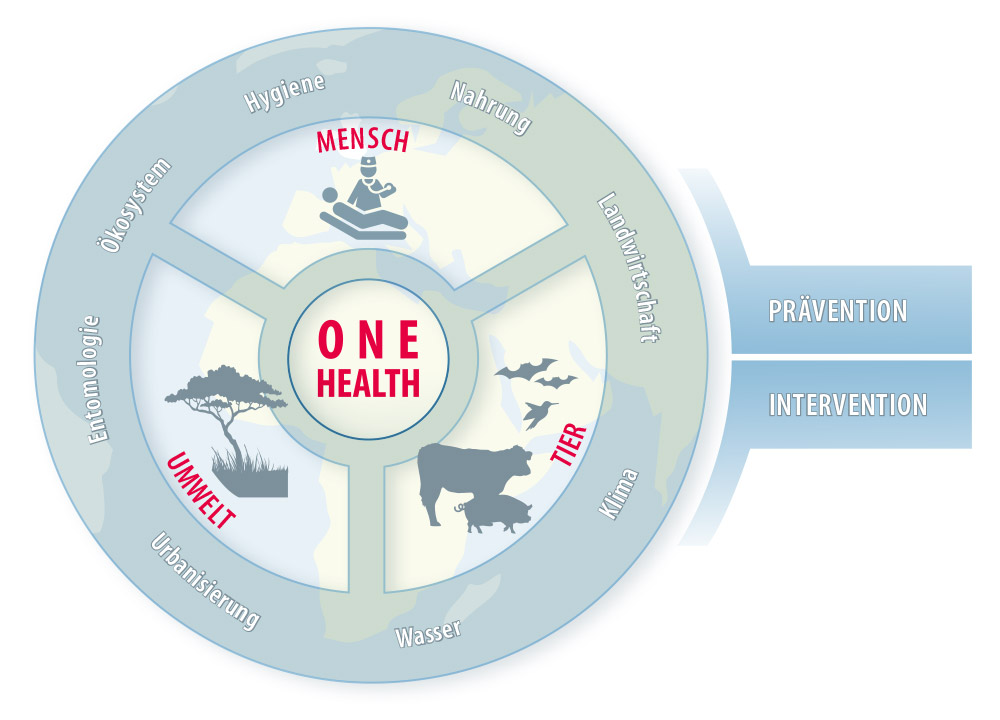Understand infections
How and why do infections occur?
Analysing and modelling infections with tropical pathogens
Epidemiological and infection immunological research at the BNITM is already making a decisive contribution to understanding and combating infectious diseases that occur worldwide. The BNITM develops, maintains and applies special statistical and immunological methods for the analysis of data from resource-poor regions. The long-standing entomological research on carrier mosquitoes at the Institute is represented by a dedicated working group with a W2 professorship and a high-security insectarium. Here, researchers work on the mechanisms by which mosquitoes transmit pathogens such as the Dengue or Zika viruses.

The aim is to gain a more detailed understanding of factors influencing tropical infections. In one aspect, this includes the conditions of pathogen transmission, in particular by mosquitoes. However, a second focus is on human risk factors, in particular genetics and epigenetics as well as social determinants including nutrition and behaviour. In addition, the BNITM is investigating the reaction of the immune system to the invading pathogen. The aim of this interdisciplinary approach is to collect and holistically analyse all important environmental data on infection risks in tropical countries under realistic conditions.
In order to meet the current challenges of tropical medicine, the BNITM offers a broad, state-of-the-art spectrum of methods.
This includes the latest techniques in immunology (in the host and vector) and vector competence analysis as well as the digitised collection and evaluation of data - from modern modelling techniques to the handling of high-dimensional data (big data) and the analysis of high-resolution satellite data. This enables a precise investigation of infection dynamics, in particular of transmission pathways and the spread of antimicrobial drug resistance (AMR), especially in resource-poor regions.
In the future, the BNITM will further intensify its work efforts for the population groups most severely affected by infectious diseases. For this purpose, detailed risk analyses will be carried out with the help of powerful mobile laboratories in remote and neglected parts of certain countries. The Institute carries out these studies in close, trustful partnership with institutions in the respective regions.
Contact
- Dr Anneke Novak-Funk
- Head of Science Management
- phone: +49 40 285380-266
- email: novak-funk@bnitm.de
Downloads
- Scientific report 2021-2022 ( PDF 10 MB )
- BNITM Flyer ( PDF 5 MB )
- Organization Chart BNITM ( PDF 2 MB )
- BNITM Strategy 2025 ( PDF 22 MB )







